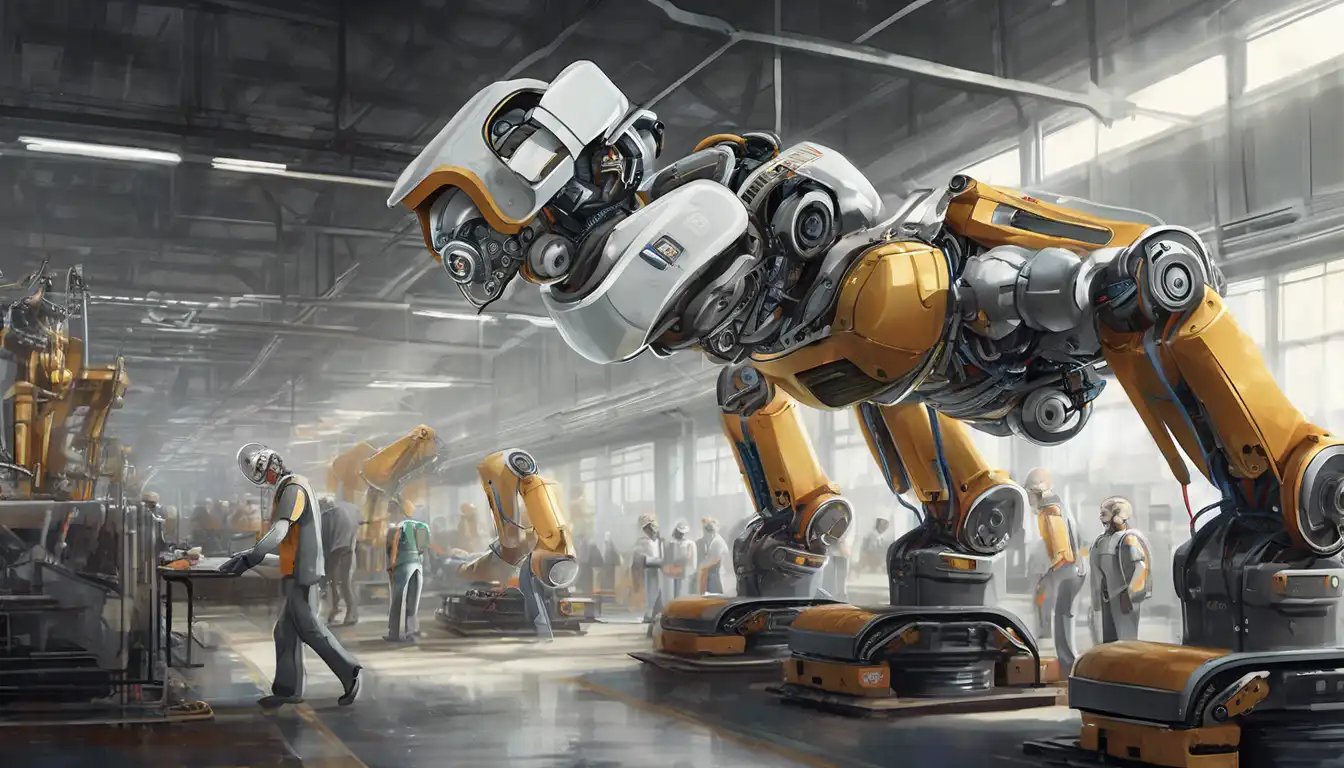The Revolutionary Impact of Robotics on Modern Manufacturing
In the ever-evolving landscape of manufacturing, robotics has emerged as a game-changer, revolutionizing how products are designed, produced, and delivered. This transformation is not just about automating repetitive tasks but about redefining efficiency, precision, and scalability in manufacturing processes.
Enhancing Efficiency and Productivity
Robotics technology has significantly enhanced operational efficiency in manufacturing. Robots, with their ability to work 24/7 without fatigue, have drastically reduced production times. For instance, in the automotive industry, robots can assemble cars with precision and speed unmatched by human labor, leading to higher productivity levels.
Improving Quality and Precision
Another area where robotics is making a monumental impact is in the quality and precision of manufactured goods. Advanced robotic systems are equipped with sensors and vision systems that ensure every product meets stringent quality standards. This level of precision minimizes errors and waste, contributing to more sustainable manufacturing practices.
Scalability and Flexibility
Robotics offers unparalleled scalability and flexibility in manufacturing. With the advent of modular robots, manufacturers can easily reprogram and repurpose robots for different tasks, allowing for quick adaptation to changing market demands. This flexibility is crucial in today’s fast-paced consumer environment where customization and speed to market are key competitive advantages.
Reducing Operational Costs
While the initial investment in robotics can be significant, the long-term savings are substantial. Robots reduce labor costs, minimize waste, and increase output, leading to lower operational costs over time. Additionally, the durability and reliability of robotic systems mean less downtime and maintenance, further driving down expenses.
The Future of Manufacturing with Robotics
The integration of robotics into manufacturing is just the beginning. With advancements in artificial intelligence and machine learning, future robotic systems will be even more autonomous, capable of making decisions and learning from their environment. This will open up new possibilities for innovation and efficiency in manufacturing.
As we look to the future, it's clear that robotics will continue to play a pivotal role in transforming manufacturing. By embracing this technology, manufacturers can stay ahead of the curve, ensuring their operations are more efficient, sustainable, and competitive in the global market.
For more insights into how technology is shaping industries, explore our articles on technology trends and the future of automation.
